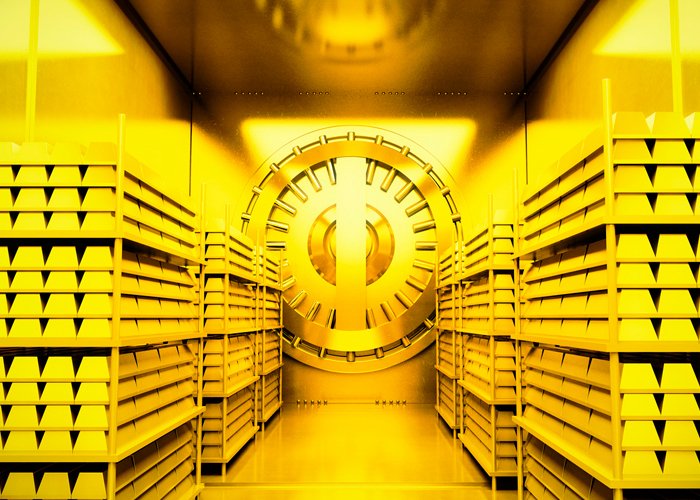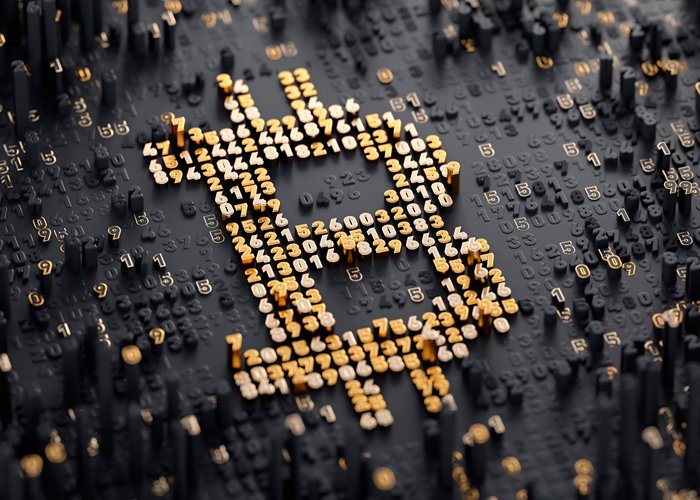What is money?
For a long time our ancestors did not have money, but lived only in the natural exchange of goods. But with the development of social relations, the birth of the first sprouts of technical progress, and most importantly - with the formation of the division of labor, surpluses of goods became more and more, commodity transactions acquired a mass character. It was then that a need arose for some equivalent of the value of goods, which would be determined by the amount of labor invested in them and simplified the mutual exchange between people.
Initially, the most popular products of daily use - salt, spices, a little bit later - pieces of metal served as the prototype of money. The preconditions for the emergence of a single equivalent have evolved with the development of metalworking. For the first time, metal bars were exchanged for goods in ancient China in the 7th and 8th centuries. BC. E., and 400 years later on the other end of the planet the Roman emperor Caesar organized the first mint. Paper money signs were also invented by the Chinese (actually, like the paper itself), but much later - in the 9th century. n. e.
Thus, we can formulate the definition of money as the most highly liquid commodity, which serves as the generally accepted equivalent of any goods and services.
Value of money

The value of banknotes is inextricably linked to their functions and depends on the combination of the following factors:
the volume of the gold and foreign exchange reserves of the country;
pricing;
amount of money in circulation;
balance of economic benefits and the volume of the money supply.
The world economy is built taking into account the five key functions of money:
Money as a measure of value. Money determines the price of any product, in other words, they are a monetary expression of the value of the goods.
Money as an instrument of conservation and accumulation. Money does not lose value over time, they allow you to buy expensive goods after a long period of accumulation.
Money as means of payment. This function directly depends on the degree of people's trust in money.
Money as a medium of circulation. Money is and will always be the most liquid type of commodity, which at any time can be exchanged for another product.
Money as a universal means of commodity exchange. The greatest confidence in the population is traditionally enjoyed by precious metals. But if paper money proves its high value, then they also become a world currency (for example, dollars or euros).
In constant circulation are only paper and credit money, and precious metals are being squeezed out and as a payment unit are not considered - so are built public payment systems. Yes, paper money does not have its own value, unlike gold and platinum, but they perform their functions perfectly.
The simplest explanation of the principle of building a state monetary system may look like this: an organization that has the right to print money (most often it is a central bank), takes the gold stock of the country - the property of every citizen of that state - for storage, and in return issues debt receipts. In fact, money is the state's debt obligations, used by people to trade in exchange for precious metals.
Is the monetary system a financial pyramid?
So, every euro, dollar or ruble in circulation must be backed up with a piece of gold bullion, stored in the central banks of the countries concerned - it was on this basis that the monetary system was originally built. But in reality it has long been not so. After all, if you have someone who has been convicted by the authorities, there is an opportunity to print debt receipts in excess of the gold security, it will be difficult for him to resist temptation.
Once in the US it happened. The government decided to transfer the central bank to private hands and grant the right to print money not to the state, but to a certain Federal Reserve. In fact, the issue of printing money went to the management of several persons - the shareholders of this company. The result of such, to put it mildly, short-sighted strategy - the external debt of the United States, reached $ 17 trillion. Today every American owes about $ 54,000 to private individuals in charge of a printing press. Of course, the return of such a debt is unlikely, so it is likely to continue to grow.
In this situation there are all the signs of a financial pyramid organized at the state level. And what they end in is known to all. This would remain an internal problem of the United States if in 1944 the historic Bretton Woods agreement was not signed, which fixed the status of the dollar as the world currency. Today, the financial pyramid of this state rests on the world's strongest economies, which does not allow it to collapse.
New in the world of money

Just like Russia has a ruble, Japan has a yen, and China has a yuan, a huge country called the Internet also has its own internal currency, Bitcoin. If in reality people have to use the money of their country of residence, no one and never can make Bitcoin to pay. It is a free choice of free people.
Despite the young age (only 8 years), the crypto currency technology has already demonstrated many advantages in comparison with paper money, millions of times its original value and is gaining popularity today. Among its advantages: absolute transparency (the open registry allows any user to track all transactions made during the whole history of the network), the absence of inflation (the production of the military technical cooperation is limited to 21 million, no one can either print or depreciate them), a decentralized system (there is no head server , which means that any changes can be made only with the consent of all participants in the system), limitless possibilities for conducting transactions, their irreversibility, the minimum percentage of commissions (0.1%), and much more. Every day the number of Internet resources and organizations that accept Bitcoins is rapidly growing.
But does it have the chances of becoming a currency of the future and sometime completely ousting other means of payment? Today, there are many reasons for both "for" and "against". Let's try and find an answer to this question together. Read the cycle of publications about the benefits of digital money on our site, analyze, express your opinion in the comments.
Good Post
Follow me @dexabyte
Great reflection on the financial evolution, that all have to embrace
Thanks)